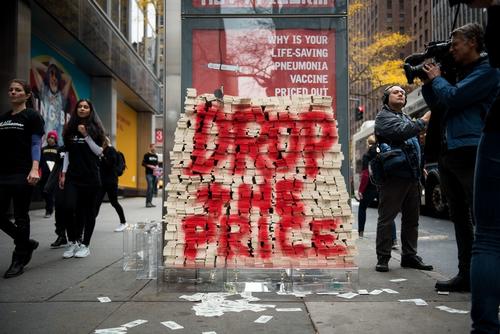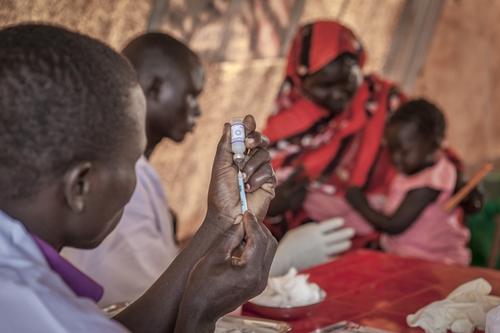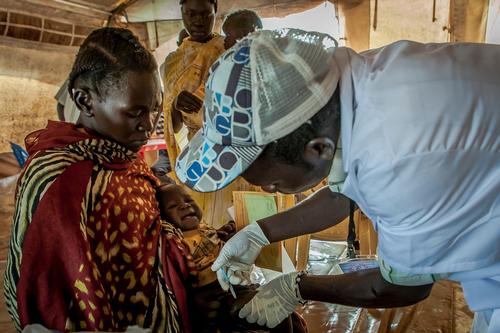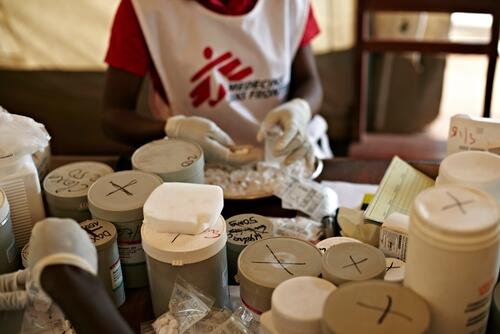During the 1990s, MSF teams made a bitter observation: we were failing to treat some of our patients suffering from infectious diseases, while in developed countries, remarkable progress was being made in the field of health. Two decades on, medicines in developing countries are still either too expensive, aren't suitable to be used in many of the contexts in which we work (for example, in hot, humid conditions or where there's a lack of electricity), or simply don't exist for the diseases we need to treat.
In 1999, we launched the Campaign for Access to Essential Medicines, now known as the Access Campaign. Its mission focuses on three areas: overcoming barriers to access to essential medicines, stimulating research and development for neglected diseases, promoting health exceptions to global trade agreements.
In 2003, MSF joined several research institutes, including the Institut Pasteur, to create the Drugs for Neglected Diseases initiative (DNDi), a non-profit research and development organisation engaged in research and development of new treatments for neglected diseases.
Saving life and limb: limb salvage using external fixation, a multi-centre review of orthopaedic surgical activities in Médecins Sans Frontières

A Fair Shot
Impact and programmatic implications of routine viral load monitoring in Swaziland

MSF intervention on Global Strategy and targets on tuberculosis at 67th World Health Assembly

‘We demand action’: Death toll from drug-resistant tuberculosis must be slashed within a year

Vaccinating Children beyond the 'Cold Chain'

Heat-stable vaccines urgently needed to reach the one in five children missed by immunisation worldwide
Optimal Evidence in Difficult Settings: Improving Health Interventions and Decision Making in Disasters








